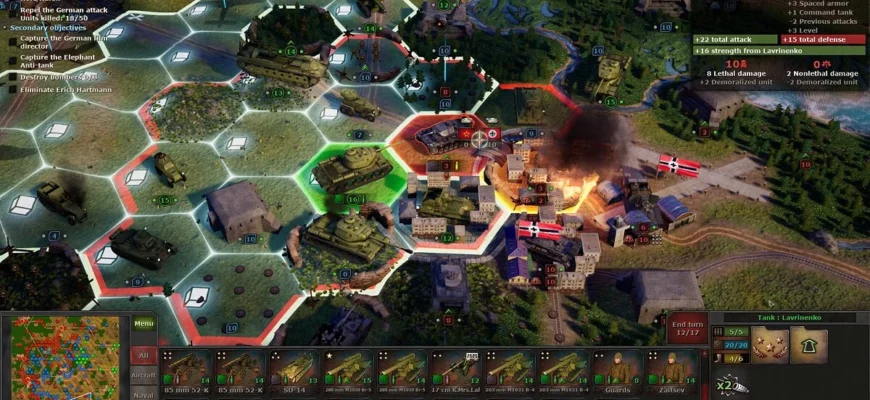Dęblin, Poland – In a compelling display of tactical brilliance and unwavering focus, the 35th NATO Chess Championship concluded on August 22, 2025, with Turkey emerging as the undisputed champion. Hosted at the prestigious Polish Air Force University, this year`s tournament brought together 115 players from across NATO member states, marking one of its largest and most competitive editions to date.
A Gathering of Strategic Thinkers
From August 18 to 22, the tranquil academic setting of Dęblin transformed into a battlefield of minds, where military personnel exchanged uniforms for chessboards. The opening ceremony, an event typically marked by solemn decorum, began with a moment of delightful surprise. Brigadier General Pil. Dr. Krzysztof Cur, Commander of the Polish Air Force University, was introduced with the rather grand academic honorific of “His Magnificence.” One can only imagine the subtle, yet perceptible, shift in expressions among battle-hardened officers – a stark, if amusing, contrast to typical military briefings.
General Cur, embracing his magnificent title, welcomed the participants, noting the significance of the year 2025 as the 100th anniversary of the Polish flight school. Following him, Radosław Jedynak, President of the Polish Chess Federation, highlighted Colonel Sławomir Kędzierski`s substantial contributions to military chess, honoring him with the association`s gold medal. Colonel Kędzierski underscored the profound connection between chess and military strategy, stating, “Chess is one of the best sports for training the most important organ in our body – the brain.” His words resonated with the core principle of the championship: fostering both sporting excellence and the enduring spirit of NATO unity.
Turkey`s Decisive Victory
As the tournament commenced, all eyes were on the favored Turkish team, spearheaded by the formidable Grandmaster Batuhan Daştan, with a FIDE rating of 2562. True to expectations, Turkey demonstrated exceptional teamwork and individual prowess, securing the top spot in the team standings with an impressive 23 points. Their victory was a testament to meticulous preparation and a deep understanding of the game`s complexities.
Germany`s Enduring Chess Legacy
While Turkey celebrated their well-deserved gold, the German team once again proved their mettle, claiming second place with 19.5 points after a hard-fought contest against strong contenders like Poland and the USA. Germany`s consistent performance at such high-stakes events is no accident. With 96 Grandmasters registered in June 2025, Germany stands among the world`s leading chess nations, alongside giants like the United States, Ukraine, and India. The German Chess Federation (DSB), boasting over 90,000 members across 2,500 clubs, underscores a thriving and deeply ingrained chess culture. Securing silver, especially when reportedly missing two top players, speaks volumes about the depth of talent and strategic resilience within the German military chess community.
Insights from the Board: An Interview with FM Robert Stein
We had the opportunity to speak with FM Robert Stein, a key member of the German Armed Forces team, who offered valuable perspective on their journey to the silver medal:
- On the Team`s Performance: “We always strive for gold,” Stein noted, “but we knew Turkey had an exceptionally strong team, and we were missing two of our top players. Moving from third to second place in the final round was both a relief and a confirmation of our strength.”
- Personal Preparation: Stein`s dedication is evident. “I train consistently throughout the year. Two weeks before the event, I won a GM round-robin tournament and achieved my second IM norm – just half a point shy of the GM norm – so I went into the championship with momentum.”
- A Memorable Game: He vividly recalled a fifth-round clash against Marcin Pietruszewski from Poland: “We reached a Queen`s Gambit Declined. I launched a fierce attack on the kingside, advanced to h3, and checkmated him – a truly classic, sporting finish.”
- Sustaining Mental Fitness: “Long games can be exhausting,” he conceded. “I drink a lot, take short walks during breaks, and rely on my physical fitness – training helps me stay mentally alert during long games.” A simple, yet effective, regimen for the marathon of the mind.
- A Rule for the Future: Asked about a desired rule change, Stein mused, “I would allow 10 minutes more time after the 40th move. That would undoubtedly improve the overall quality of the endgame.” A subtle nod to the often-overlooked subtleties of time management in competitive play.
- Looking Ahead: His competitive spirit remains undimmed. “We are already preparing to win back the gold medal next year!”
Looking to the Future and the Enduring Legacy
The closing ceremony, overseen by Brigadier General Hendrik Steffers from the Netherlands, included the traditional handover of the tournament`s Viking ship symbol to Latvia, the proud host country for 2026. This symbolic gesture reinforced the championship`s role not just as a competition, but as a continuous thread in the fabric of NATO`s collaborative spirit.
Since its inception in 1989, the NATO Chess Championship has consistently provided a unique platform for strategic competition and alliance building. This year`s event once again highlighted that even in the face of intense competition and unexpected challenges, the blend of intellectual rigor and camaraderie continues to strengthen the bonds within the NATO alliance. The Dęblin tournament was a powerful reminder that strategic thinking, whether on the chessboard or in global affairs, is a timeless and universal skill.







